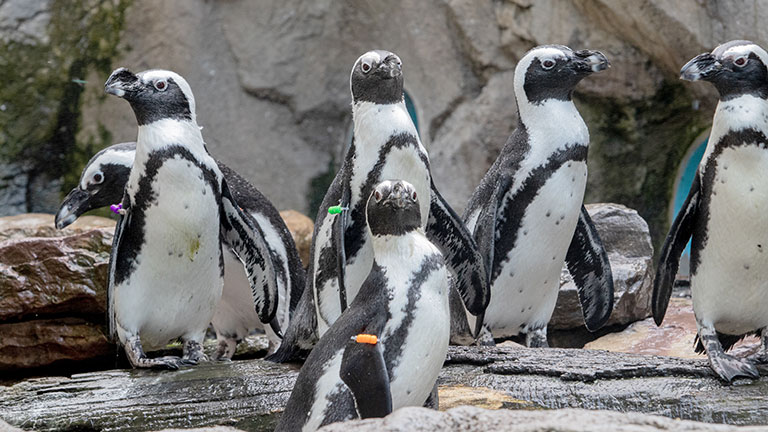April 25, 2020
As a Zoo accredited by the Association of Zoos and Aquariums, we participate in the AZA’s SAFE Programs. SAFE stands for Saving Animals from Extinction. The AZA SAFE African Penguin program is a collaborative initiative with other zoos to aid in the efforts of in situ conservation programming. Zoos and aquariums like ours have joined forces with organizations in South Africa such as SANCCOB to develop ideas and implement projects in an effort to stop and reverse the threat of extinction for African penguins.
These initiatives include
- Disaster response projects, which are creating more standardized protocols for oil spill response.
- Artificial nest projects are creating new nesting sites for birds in areas that have been depleted of proper nesting materials.
- Identification projects are tagging penguins and then tracking their movement.
- The marine movement project is following fish to see where and how well the penguins are feeding.
Additionally, considerable focus has been put into Robben Island, which is located off the coast of Cape Town and is home to a colony of African penguins as well as other seabirds at risk. Health monitoring projects have helped establish a permanent Seabird Ranger on Robben Island to provide immediate care for injured or ill birds before transport to SANCCOB. Andile Mdluli has been living on Robben Island for two years as the island’s first Seabird Ranger. His role on the island is to provide continuous monitoring of the birds. He looks for birds that are injured or in distress and can provide immediate stabilization care, checks nests and identifies the birds using microchip and GPS technology. Andile can note chicks in the nest and check those nests frequently to ensure the chicks are safe and growing. He has become active in placing GPS trackers on birds to follow their movement while at sea.
But Andile’s job does not end with hands-on monitoring of the birds. Tourism on the island is high and this has caused conflict between people and the birds. Tours gave very little information about the penguins and areas where the birds were nesting had little protection from cars and other dangers. Andile has been working with the tourist company and the security on the island to enhance measures that put the well-being of the birds as a top priority. He has developed programming that educates the tourists about the birds and worked to increase awareness of the bird’s movement around the island. Having Andile on Robben Island had become invaluable for the penguins and seabirds that live there.Seneca Park Zoo has been a supporter of this Robben Island Ranger program. It’s through donations like yours, at the Zoo and especially on World Penguin Day, that projects like this are possible.
– Robin English, Veterinary Technician








